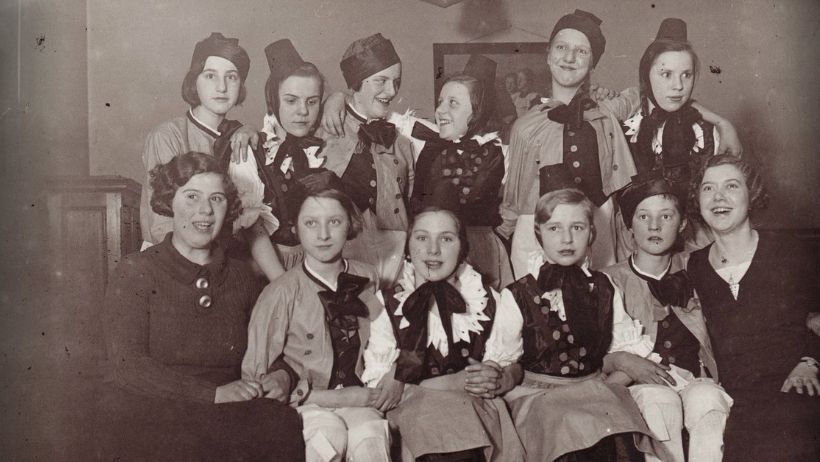I love learning about my family history. My grandparents all did a fairly decent job of remembering and recalling details about cousins, aunts, and uncles from generations back. They could pick up an old photograph and instantly recall the name of the person and how they were connected to the rest of the family. In some cases there were complicated histories behind the people and relationships in these photographs. And then there were always a few pictures that had a name written on them, but no one knew exactly whom that person was. I imagine many families are like this; there are pictures that tell the story of your family tree, and yet there are still one or two faces or names for which no one can remember the connection.

As Jews, the Torah is our family ancestry project, and throughout its text it shares stories of different generations and the relationships between the generations. This week’s parshah, Pinchas, is no different. We begin with the story of Pinchas (identified as Aaron’s grandson) and the extreme action he took against those who defied the prohibition of idolatry. Then we move to the daughters of Zelophechad (Joseph’s great-great-great-grandson), who want to inherit land after their father’s death because he had no sons. Then Joshua is appointed Moshe’s successor, and we end with the sacrifices we are to make for Rosh Chodesh and the holidays.
For the most part, we know the history of our matriarchs, Sarah, Rebecca, Rachel, and Leah, and who they married and which children they mothered. However, one woman’s name stands out in the Torah without much background given. Certainly there are plenty of people who are only mentioned once, but the name Serach appears twice in the Five Books of Moses and again later in Prophets (Nevi’im). Yet her presence in both places remains a mystery. She is the woman you can’t quite identify in the picture.
In the Torah, Serach’s mention appears to be purely anecdotal, but she is also mentioned in Samuel 2, verse 16:
Then a wise woman called from the city, “Hear, hear! Please tell Joab, ‘Come here that I may speak with you.’”
It may not be obvious at first glance, but according to Rashi, Serach is alluded to as the isha chochma (wise woman) who challenges the general for not knowing the Torah’s rules for besieging a city.
While her exact role in our ancestral “family” and how she lived so long between these sections of biblical text are relatively unknown, Serach is nevertheless a wise woman and a part of our ancestry. There are plenty of well-known Torah stories we hear over and over again, year after year. Children and adults alike can recall Noah, Joseph, and Moshe in great detail. However, reading Parshat Pinchas this week I am reminded that an individual’s “fame” within the context of our history simply means we know their story. The people in the photographs whose names we do not know are just as important, though their stories may remain untold.



